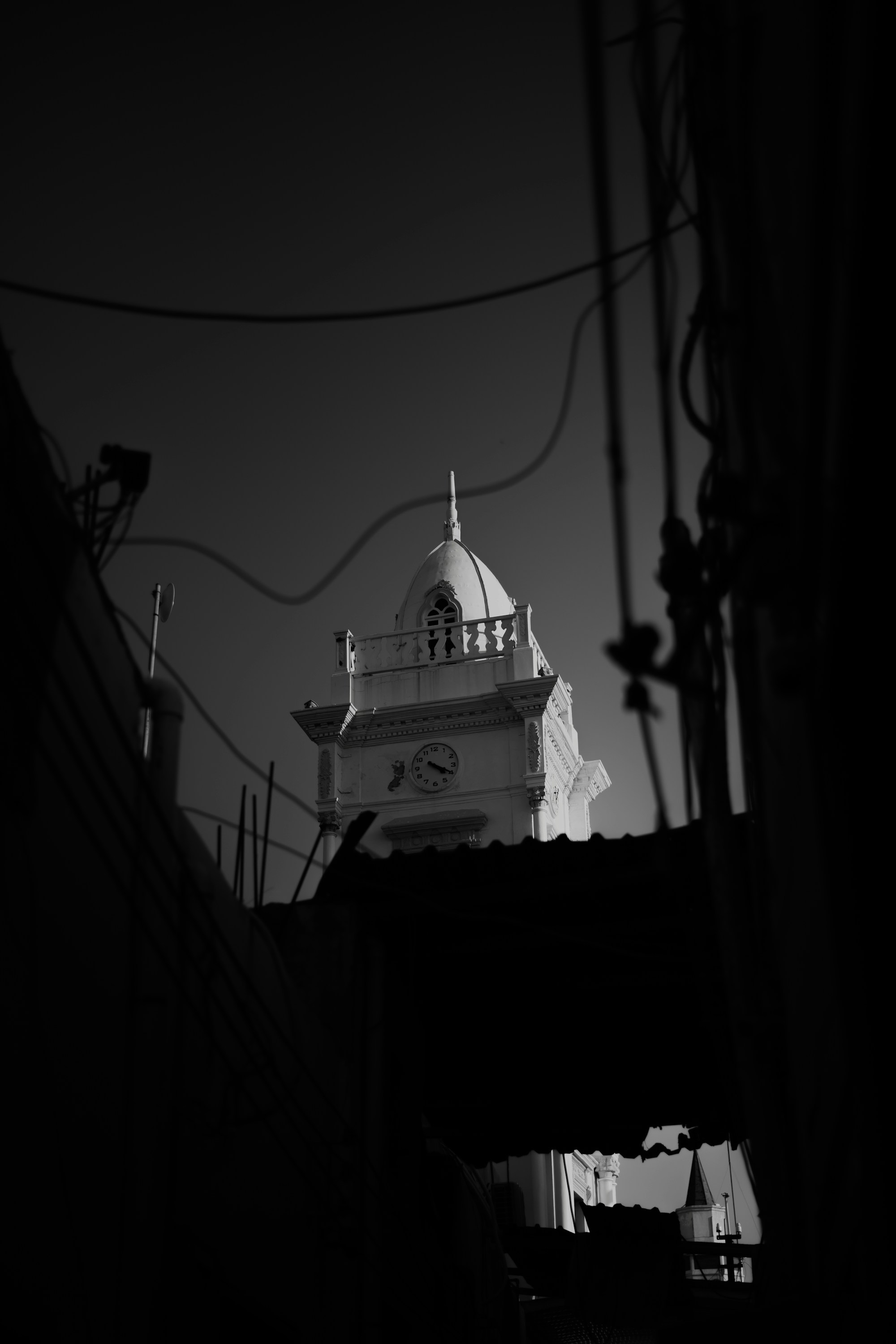Discover Tripoli: Local History, Customs, and Festivals Guide
Explore Tripoli's rich history, local customs, and vibrant festivals with our detailed guide. Discover the heart of Libya!

Discover Tripoli: Local History, Customs, and Festivals Guide
Introduction
Welcome to Tripoli, a city steeped in rich history and vibrant culture. Whether you're an avid historian, a curious traveler, or simply someone looking to immerse yourself in local traditions, Tripoli offers a unique blend of past and present. This comprehensive guide will take you through the winding lanes of its history, the colorful tapestry of its customs, and the lively celebrations that define its festivals.
Historical Context
Tripoli, the capital city of Libya, has a history that dates back to the 7th century BC. Originally founded by the Phoenicians, it was later ruled by the Romans, Byzantines, and Ottomans. Each era has left its mark, creating a city that is a living museum of architectural and cultural heritage.
Phoenician Era
The city's earliest settlers, the Phoenicians, called it Oea. The remnants of this period are sparse but vital in understanding the city's origins. The Phoenicians used Oea as a trading post, laying the groundwork for its future prosperity.
Roman Era
Under Roman rule, the city flourished. The Romans renamed it Regio Tripolitania, from where the modern name Tripoli is derived. Carthage’s fall in 146 BC led to the city's expansion, including the iconic Marcus Aurelius Arch, a testament to Roman engineering and artistry.
Ottoman Era
The Ottomans took control in 1551 and ruled for several centuries. This period saw the construction of many mosques, markets, and fortifications, such as the Red Castle (Assaraya al-Hamra), which still dominates Tripoli's skyline.
Local Customs
Understanding local customs enhances the traveler's experience in Tripoli. Here are some key aspects:
Hospitality
Libyan hospitality is legendary. Visitors are often welcomed with open arms, and it’s common for locals to invite visitors into their homes for a meal. Refusing such an invitation might be considered impolite.
Clothing
While Tripoli is relatively liberal compared to other parts of Libya, it is respectful to dress modestly. Women typically wear hijabs, although it is not compulsory for tourists. Men should avoid wearing shorts in public places.
Food and Dining Etiquette
Meals are a central part of Libyan culture. Traditional dishes include couscous, bazin (a type of bread), and asida (a sweet dish). Eating with the right hand is customary, and it's polite to at least taste all the dishes offered.
Popular Libyan dishes:
- Couscous: Often served with meat and vegetables.
- Bazin: Doughy bread typically eaten with sauces or stews.
- Shorba: A hearty soup made of meat, chickpeas, and vegetables.
- Asida: A sweet dish made of flour and honey, often eaten during celebrations.
Festivals and Celebrations
Festivals in Tripoli are vibrant and filled with music, dance, and traditional practices. Here are some key celebrations:
Ramadan and Eid
As a predominantly Muslim country, Ramadan is observed with great reverence. The end of Ramadan is marked by Eid al-Fitr, a festival of feasting and merriment. Families come together, exchange gifts, and share elaborate meals.
Tripoli International Fair
Held annually since 1927, the Tripoli International Fair is one of the oldest trade fairs in Africa. It showcases products from various sectors, including agriculture, technology, and textiles, and attracts exhibitors from around the globe. The fair is usually accompanied by cultural performances and entertainment.
Mawlid al-Nabi
This festival celebrates the birth of the Prophet Muhammad. The streets of Tripoli come alive with processions, special prayers, and the distribution of sweets. It’s a time of reflection and communal harmony.
Local Anecdotes and Interesting Facts
The heart of Tripoli beats with stories and legends passed down through generations:
- The Red Castle (Assaraya al-Hamra): Local lore suggests that the castle is haunted by the ghost of a Turkish admiral who refused to surrender during the Ottoman siege.
- Saint George's Orthodox Church: The church is said to have been built on the site where a Roman centurion was martyred for his Christian faith. It's a symbol of Tripoli's diverse religious heritage.
- Sidi Darghut Mosque: Built in 1560 by Ottoman admiral Dragut, it’s one of the oldest mosques in Tripoli and represents the city's Islamic architectural zenith. A legend says that a visit to this mosque grants a special blessing.
Travel Tips
When visiting Tripoli, keep these tips in mind:
- Language: Arabic is the official language, but many locals understand English and Italian.
- Currency: Libyan Dinar (LYD) is the local currency. Credit cards are not widely accepted, so carry some cash.
- Transportation: Taxis are the most common mode of transport. Fix the fare before starting the journey as meters are rarely used.
- Safety: Tripoli is generally safe, but it's wise to stay updated on local news and avoid travel during political unrest.
Tripoli is a city that offers an enriching experience to those who explore its history, respect its customs, and partake in its celebrations. Don't miss the chance to discover this gem of the Mediterranean.
